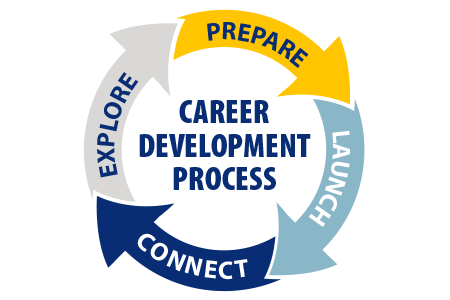
Advanced open learning courses that may be beneficial for experienced employees:
Advanced open learning courses for experienced employees are specialized training programs designed to enhance the skills and knowledge of individuals who already have significant experience in their fields. These courses are typically more in-depth, complex, and tailored to professionals who wish to build on their existing expertise and take their careers to the next level. They often focus on specialized skills, leadership, management, and emerging trends in the industry.
Here are some examples of advanced open learning courses that may be beneficial for experienced employees:
1. Leadership and Management Development
- Executive Leadership Programs: Focus on strategic thinking, decision-making, and leading high-performing teams.
- Change Management: Learn how to manage organizational change, improve adaptability, and handle resistance.
- Conflict Resolution: Develop skills in handling conflicts in teams or across departments.
2. Industry-Specific Certifications and Specializations
- Project Management (PMP, Agile): Advanced courses in project management methodologies, such as Agile, Scrum, and PMP certification, to enhance project execution skills.
- Data Analytics and Business Intelligence: Courses focusing on data analysis tools (e.g., SQL, Tableau, or Python for data analysis) to improve decision-making based on data insights.
- Cybersecurity: Advanced training in cybersecurity concepts, ethical hacking, and risk management for experienced professionals in IT.
- Financial Analysis & Investment: Advanced courses in financial modeling, corporate finance, or investment strategies to help professionals working in finance grow their expertise.
3. Technology and Innovation
- Artificial Intelligence and Machine Learning: Courses on the applications of AI/ML in business, including practical tools and techniques to leverage these technologies.
- Cloud Computing: Learn how to manage cloud infrastructure, services, and applications.
- Digital Transformation: Understand how to guide organizations through the process of digital transformation, integrating new technologies into business models.
4. Entrepreneurship and Innovation
- Entrepreneurship for Executives: Programs aimed at helping experienced employees learn how to create and scale their own business ideas.
- Innovation Management: Learn how to foster a culture of innovation and lead product or process innovation within organizations.
5. Personal Development and Soft Skills
- Emotional Intelligence (EQ): Enhance leadership skills through self-awareness, empathy, and social skills to build better relationships with colleagues and clients.
- Advanced Communication Skills: Improve public speaking, persuasion, and negotiation skills for high-level interactions.
- Coaching and Mentoring: Training on how to coach others within the workplace or mentor newer employees to enhance talent development.
6. Professional Networking and Collaboration
- Global Business Strategies: Courses focused on navigating international markets, cross-cultural communication, and global business strategy.
- Networking and Influencing: Develop effective networking strategies and the ability to influence within and outside the organization.
Learning Platforms for Advanced Open Learning:
- Coursera: Offers many professional and specialized programs from universities and companies, often with certifications or degrees.
- edX: Features advanced courses in partnership with universities like MIT, Harvard, and other global institutions.
- LinkedIn Learning: Provides a wide range of business, technology, and leadership courses tailored to experienced professionals.
- Udacity: Offers nanodegree programs that are highly focused on skills such as data science, AI, or business management.
- Harvard Business School Online: Provides executive education courses on leadership, strategy, and innovation.
Key Benefits for Experienced Employees:
- Up-to-date Skills: Keeps professionals at the forefront of their field, learning the latest trends and tools.
- Increased Earning Potential: Gaining new skills can lead to promotions and salary increases.
- Career Progression: Provides a path to senior roles, including managerial and leadership positions.
- Networking: Opportunities to connect with industry peers and experts through online discussions and group activities.

